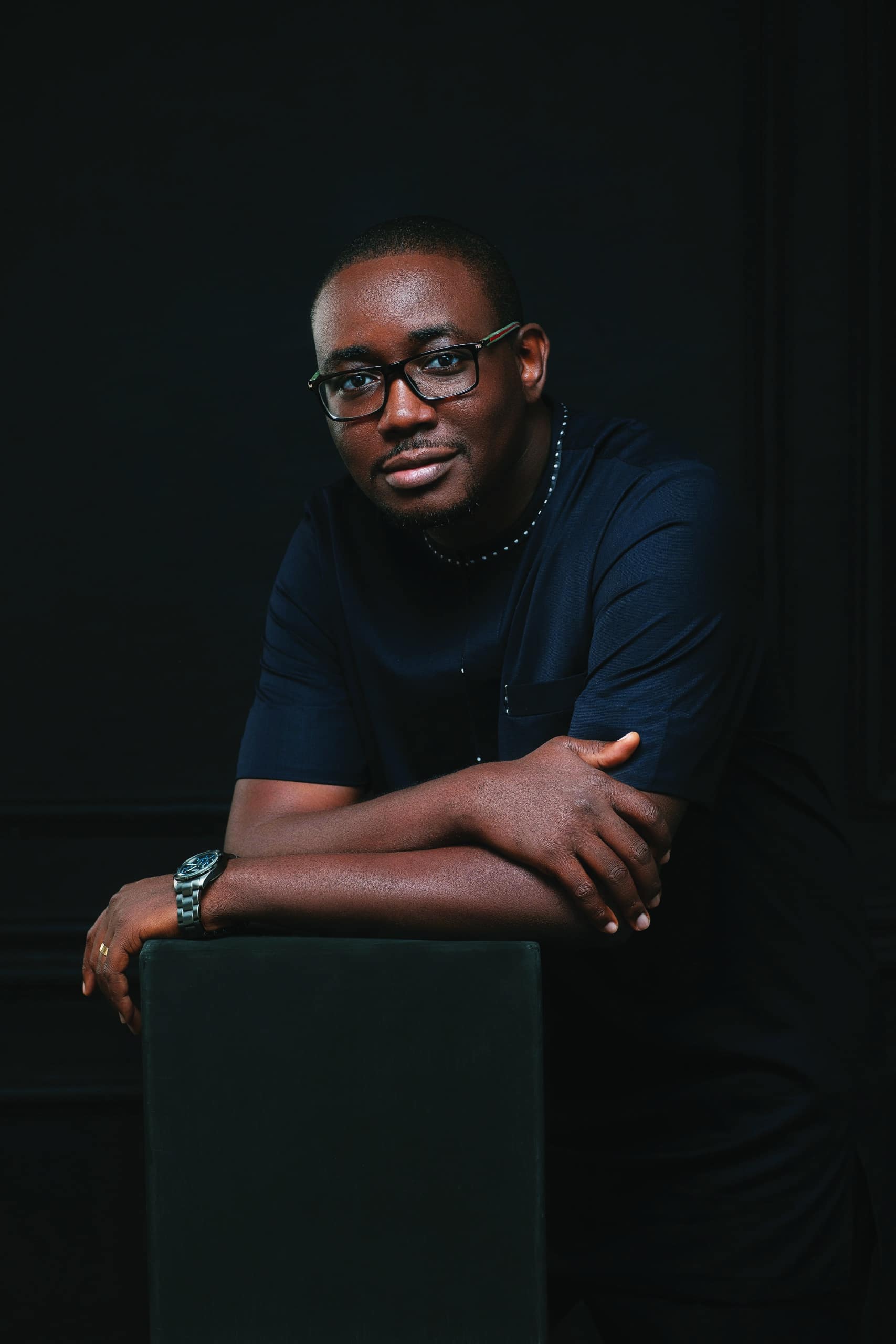Olagoke Balogun replicated the local farmers market which ended up as a business selling slick salads and smoothies for the Nigerian on the move.
WHAT HAPPENS WHEN A PANDEMIC shuts down offices and heaving traffic of daily commuters? People no longer want meals-on-the-go.
So Olagoke Balogun had to look at his business afresh.
In under 13 years, Balogun has grown his premium brand, So Fresh, from a small startup to become a leader in the fresh juice and salad category, boasting 12 stores across Africa’s most populous country.
In 2020, the Covid-19 pandemic didn’t allow further expansion. But consumers in Nigeria still wanted fresh, nutrient-rich and healthy juices and meals.
And So Fresh, says its founder, is on course to turn over a billion naira ($2.5 million) in sales this year with plans of expanding to a further 20 stores in the coming years.
Balogun didn’t always aspire to become a businessman. He initially thought he was going to have a career in medicine, but that never materialized. After graduating with a biochemistry degree from the University of IIorin in Nigeria, he spent the early years finding his feet in different sectors; this included a brief stint as a manager at a restaurant, followed by nine years in the oil and gas industry.
“There was a five-month break when I was looking for a job and I traveled from IIorin to Lagos. I then started thinking about business and [started] selling fruits and vegetables because I grew up eating fresh foods and Ilorin is an agrarian state so I thought it might be good to do that,” he says.
That idea never took off though until epiphany struck on a trip to South Africa where he discovered that fruits and vegetables were packaged and sold in supermarkets like Shoprite and this was not the case in Nigeria, back in 2010.
“So, when I came back, I started thinking about that business and I shared the idea with my wife and she liked it and that was it. We decided to give it a try and see what we could do with it. The original vision was to have a farmers’ market where we sold fruits and vegetables in an organized format and that is how we started.”
The first store was in Ogba, Lagos. The idea was to replicate the local Nigerian market but in a more serene and clean environment. There were just a few potholes or problems to overcome first.
“When we started, we realized the type of customers we were attracting was the busy working class who wanted prepared meals like salads and fruit already cut. So, in 2010, we started experimenting and it was a time when eating salads and smoothies was not a thing in Nigeria. We started making juices and smoothies and customers liked them so we gave fruit packs a try and salads a try and the business evolved from there.”
The second hurdle was the location.
“We struggled for a long time because the location wasn’t too great. We actually considered closing down the business a couple of years in because we had put in a lot of money and effort and it wasn’t yielding [results] and we were supporting the business with my salary and my wife’s money from her private law practice,” recalls Balogun.
In 2013, the tardy growth of the business led to a risky decision to relocate it from the mainland to the wealthy, affluent suburbs of Ikoyi in Victoria Island, Lagos.
It was a gutsy move for the entrepreneur as it required the startup to double the investment already made into the business.
“We believed that there was potential and we found out that the type of people we were attracting were more on the Island and after the move, in less than six months, the business [had] a turnaround and revenues started growing astronomically and it was so good at that point that we couldn’t manage the two stores and we closed the Ogba store and focused on Ikoyi,” says Balogun.
In 2018, the company reached a major milestone raising over €360,000 ($424,000) of external finance that helped it scale from one to 12 stores. Balogun’s success is based on the premise of first to market. More firsts await.
